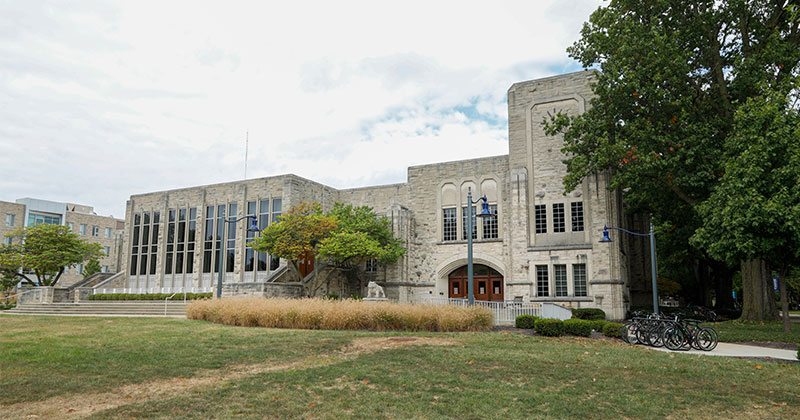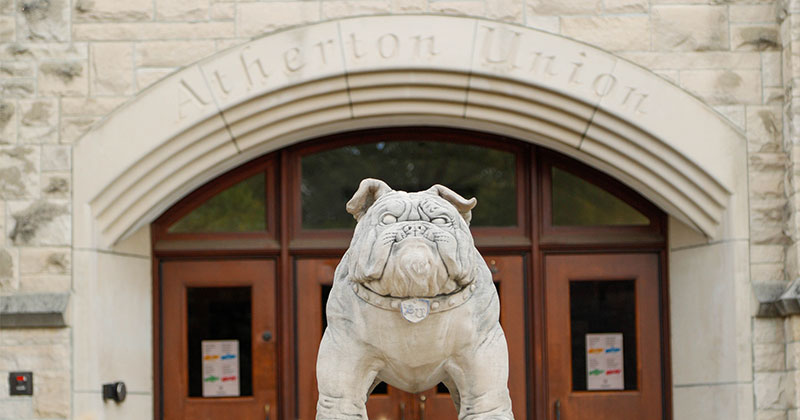About Butler University

About Butler University College of Education
Butler’s College of Education is committed to creating a living laboratory experience for students and a community of scholars with fellow educators and civic partners. Through our innovative online graduate programs, we are preparing the next generation of educational leaders.

Why Choose Butler University
Butler University, founded on ideals of equity and academic excellence, creates and fosters a collaborative, stimulating intellectual learning environment. Our highly ranked programs prepare students to make a difference in the world, no matter what career path they pursue. Through experiential learning, a student-centered approach, and continuous innovation, we prepare students to make a significant impact.
The College of Education believes we must prepare our students for schools and communities as they could be. Our history of excellence and positive student outcomes demonstrate our commitment to learners we serve. Graduates of Butler’s programs become agents of change in schools and communities across the country.
Request More Information
Complete this form to receive information about coursework, admissions, tuition, and more.
Accreditation
Butler University is accredited by the Higher Learning Commission (HLC). The Butler University College of Education is fully accredited by the Council for the Accreditation of Educator Preparation (CAEP).
Recognition
U.S. News & World Report Rankings:
- 2026 No. 1 in Regional Universities – Midwest
- 2023 No. 1 in Best Colleges for Veterans – Midwest
- 2026 No. 1 Most Innovative School – Midwest
Fast Facts
- School Type: Private, Coed
- Year Founded: 1855
- Students representing 46 states and 24 countries
Our Mission
The mission of the College of Education is to provide accessible, meaningful, and expansive professional preparation that enables educators to create conditions for individuals to reach their full potential and for schools and communities to thrive.
Our Vision
The College of Education envisions a world where educators serve as inclusive collaborators and agents of change toward a just society. We work toward a world in which the histories and strengths of individuals and their communities are valued, respected, and integrated into the education of all.
Our Values
Our shared commitments include: